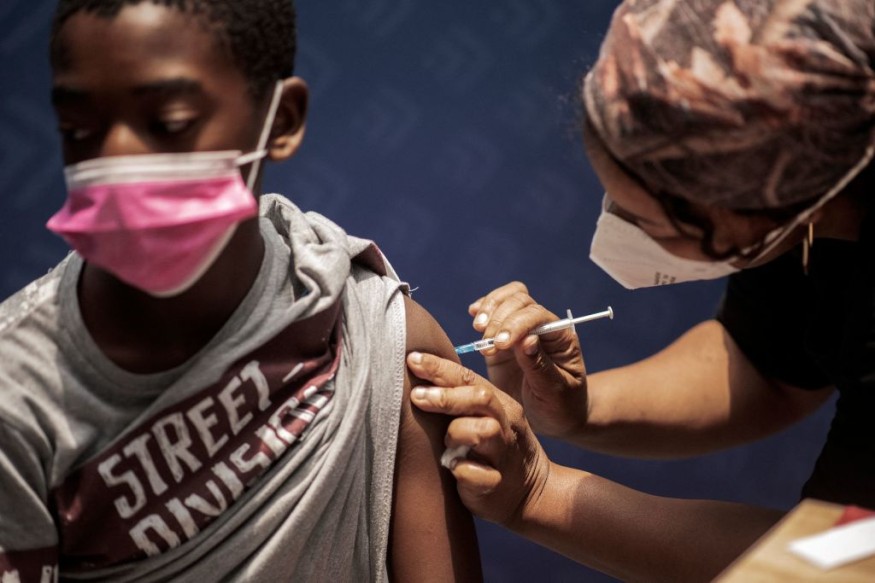Pfizer had recently shown promising results in terms of vaccine protection against other COVID-19 variants, including the current variant of concern, named Omicron.
According to preliminary results from a South African study, Pfizer's vaccine shot offered about 70 percent protection against hospitalization during a recent Omicron surge in South Africa, and had substantially yielded fewer antibodies against the Omicron variant.
While Omicron may have challenged vaccine protection more than other variants as per early lab data, the Pfizer-BioNTech COVID-19 vaccine afforded to hold up to the challenge and even showed a 40-fold reduction in antibody levels.
Vaccine effectiveness in real-world

In a Tuesday briefing, the researchers from Discovery Health, South Africa's largest insurer and South Africa's Medical Research Council, reported that two doses of Pfizer's COVID-19 vaccine shot reduced hospitalization to 70%, from 93% in a previous Delta wave.
Glenda Gray, president of the South African Medical Research Council, said that boosters "will help with the possible reduction in protection against hospitalizations."
The study awaiting peer review is one of the first real-world insights into how much protection COVID-19 vaccines might afford against the fast-spreading variant which involved 32 mutations.
Omicron accounted for 70 percent of sequenced COVID-19 cases in South Africa just in November alone. Simon Clarke, associate professor in Cellular Microbiology at University of Reading, warned that three weeks may not be long enough to give an accurate picture of how vaccines work against severe COVID-19.
"It shouldn't be forgotten that in the UK there was a five-week gap between the first diagnosis and the first death," he said in a statement.
According to the researchers, the vaccine protected all age groups from admission to hospital with COVID-19 during South Africa's Omicron wave, ranging from the highest - at 92 percent - in 18- to 29-year-olds, down to 59 percent protection in 70- to 79-year-olds.
Durable vaccine protection
The marked reduction in antibodies raises questions on how much vaccine protection will be against the new variant, and whether booster shots are sufficient enough to ward off severe diseases.
"A good booster probably would decrease your chance of infection, especially severe infection leading to more severe disease," said lead researcher Alex Sigal of Africa Health Research Institute. "People who haven't had a booster should get one, and people who have been previously infected should be vaccinated."
While Omicron did not evade vaccine protection completely, Sigal says there's still a benefit to being vaccinated against this new variant. Aside from this, other variants have also partially evaded the vaccine's protection but to a lesser degree.
This real-world data had made Omicron "certainly worse than Delta, but, again, not as extreme as we expected."
In spite this fact, protection still relies greatly on other components of the immune system, such as T cells and memory cells, rather than antibodies. These cells stop you from getting sick or dying, but the worst case still cannot be prevented.
As the first line of defense against infection, the antibodies' reduction in protection is in the hands of further lab studies.
© 2026 NatureWorldNews.com All rights reserved. Do not reproduce without permission.





